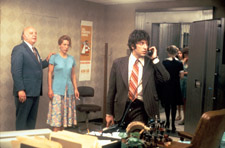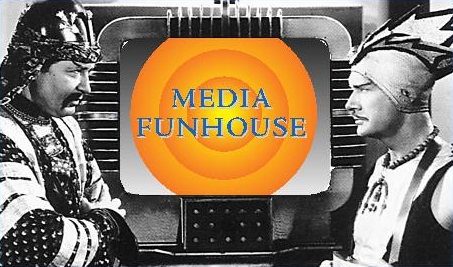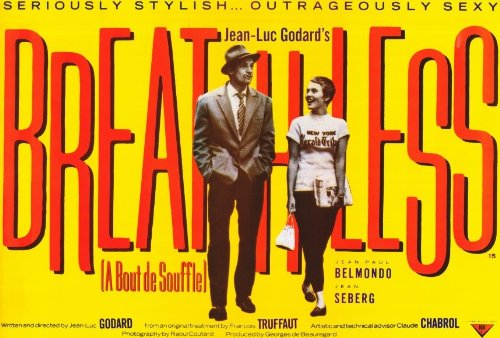2/6/2006
 Warner, color, R, 124 min. plus supplements, Dolby Digital 5.1, widescreen, Street: Feb. 28, $26.99; First Run: W, Sept. 1975, $46.6 mil.
Warner, color, R, 124 min. plus supplements, Dolby Digital 5.1, widescreen, Street: Feb. 28, $26.99; First Run: W, Sept. 1975, $46.6 mil.
Hidden away at the end of the main featurette included in this two-disc special edition is the revelation that the film’s assistant director, Burtt Harris, is responsible for Dog Day Afternoon‘s most famous line. Star Al Pacino maintains that “Burtt just whispered in my ear that I should call out ‘Attica'” before Pacino was about to enact his character’s media-galvanizing performance outside the bank where he is holding hostages. Thus was born a golden moment, out of a random suggestion and the power of improvisation. Improv is actually the major topic of the supplements here, as both the featurette and director Sidney Lumet’s audio commentary delve into the three-week rehearsal Lumet conducted with his actors. He asked them to address each other by their real names, use their own street clothes as wardrobe and improvise dialog, some of which was integrated into the feature. It’s a credit to Lumet’s amiable working relations with his collaborators that screenwriter Frank Pierson, whose dialog was replaced in many instances by ad-libs, sings the praises of the rehearsal period. The featurette, which includes every key living crew member and all of the living male cast, also reveals that Pacino was responsible for a number of the film’s finer points. Pacino urged Lumet to cast John Cazale, Charles Durning and even a young Lance Henriksen, and he advised Pierson that a scripted kiss with co-star Chris Sarandon would be better played as a dialog piece. Ubiquitous DVD docu-maker Laurent Bouzereau imparts a solid amount of interesting info in the one-hour featurette, but the audio commentary by Lumet is the set’s most endearing extra. Diehard New Yorker Lumet offers not only wonderful insights into his technical approach but heartfelt reflections on how he wanted to carefully handle the lead character’s homosexuality so that some loud-mouth “guy in the balcony of the Loews Pitkin in Brooklyn” would stifle his jeers and simply relate to the character.” —Ed Grant



